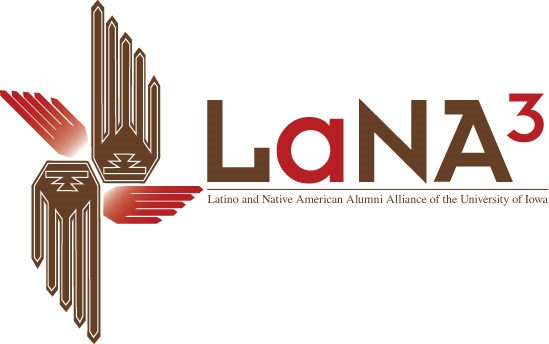Interview Project Looks Back on Iowa Cultural Hub's 50-Year History
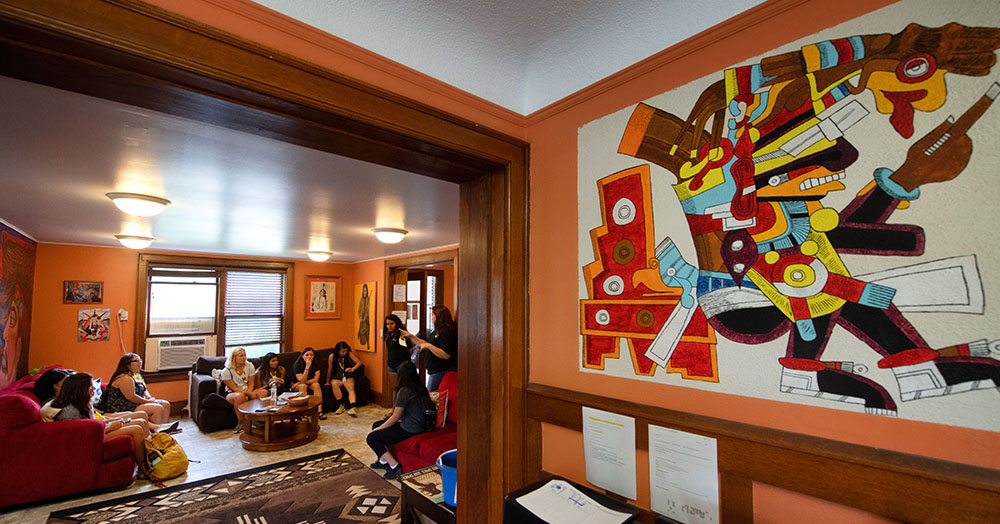 PHOTO: Justin Torner/Office of strategic communication
The Latino Native American Cultural Center (pictured) celebrates 50 years in 2024 with an alumni reunion featuring renowned writers and an Ojibwe historian.
PHOTO: Justin Torner/Office of strategic communication
The Latino Native American Cultural Center (pictured) celebrates 50 years in 2024 with an alumni reunion featuring renowned writers and an Ojibwe historian.
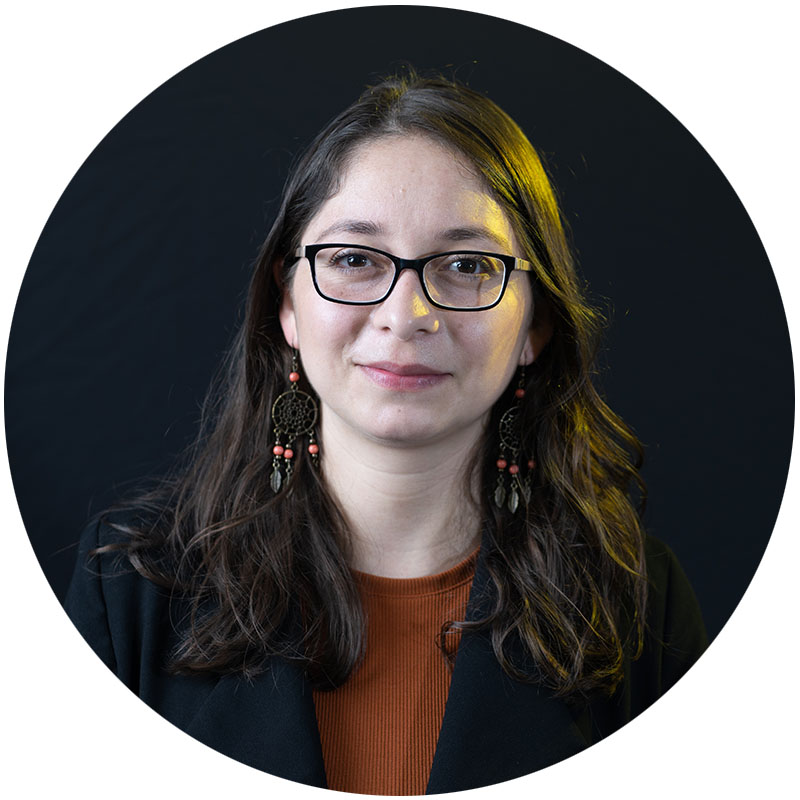 PHOTO: Justin Torner/Office of strategic communication
María Leonor Márquez Ponce
PHOTO: Justin Torner/Office of strategic communication
María Leonor Márquez Ponce
When María Leonor Márquez Ponce began connecting with alumni of the University of Iowa’s Latino Native American Cultural Center (LNACC), she felt she’d found her people—even though most of them were decades older than her. “I could see their thirst for education,” she says. “Their stories gave me hope to not give up. I can finish my education and help my community.”
Márquez Ponce (18BA, 20MA) grew up in a mountainous village in rural Mexico where she attended a one-room school. Against many odds, she’s now a PhD candidate writing a dissertation about Latinos’ paths to higher education. The topic has been strongly influenced by the 65 interviews she’s done with LNACC alumni for the UI Libraries Special Collections and Archives.
As alumni celebrate 50-plus years of the LNACC this month at a reunion held in collaboration with the Latino and Native American Alumni Alliance (LaNA3), Márquez Ponce shares the powerful experience of connecting with this special group.
Some of the people you’ve interviewed haven’t been at the UI in five decades. How did they respond when you contacted them?
“What took so long?” They knew that what they’d done in the early ’70s was historic, but it took 50 years for someone to reach out and ask them about their experience. Many of them were very excited and wanted to tell me their story immediately, before I could even begin recording. It was emotional for many of them—and for me. There have been a lot of tears.
What stands out to you about the earliest LNACC alumni you’ve interviewed?
When they began, there were a handful of Chicanos and Native Americans on campus—most from outside Iowa. There’s been a Mexican community in Iowa since the late 1800s, so these first students wondered, “Where is everyone?” They got funding to travel to Iowa high schools and talk to Chicano and Native American students about why college was important.
It’s amazing how active they were. They went to Muscatine to work with migrant workers. They founded a preschool in West Liberty. They protested and led hunger strikes. None of this was part of their regular classes. In fact, because there were no classes about their literature or history they created study groups.
You’re on the planning committee for the LaNA3 and LNACC reunion. What are you looking forward to?
We’re bringing in some amazing alumni, including Ojibwe historian Brenda Child (83MA, 93PhD) and writers Sandra Cisneros (78MFA), Joy Harjo (78MFA), and Juan Felipe Herrera (90MFA). I hope it will be a chance for earlier generations to reconnect and see the impact of what they did. It’s also important for current Latino and Native American students to know who came before us on campus. This history isn’t visible, and yet they fought for us to be here. I want to be sure their work doesn’t get taken for granted.
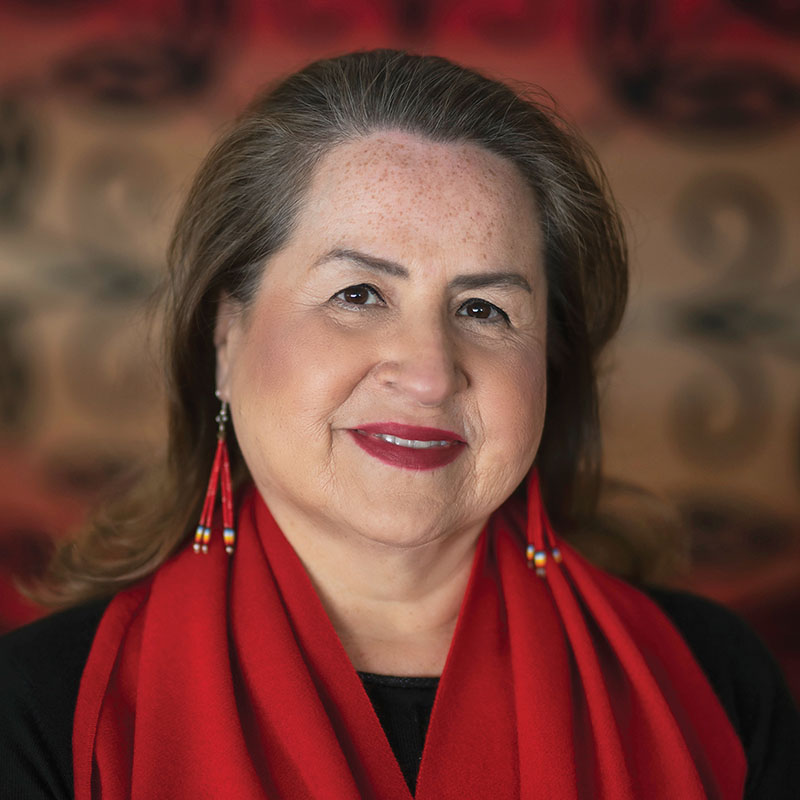 Brenda Child
Brenda Child
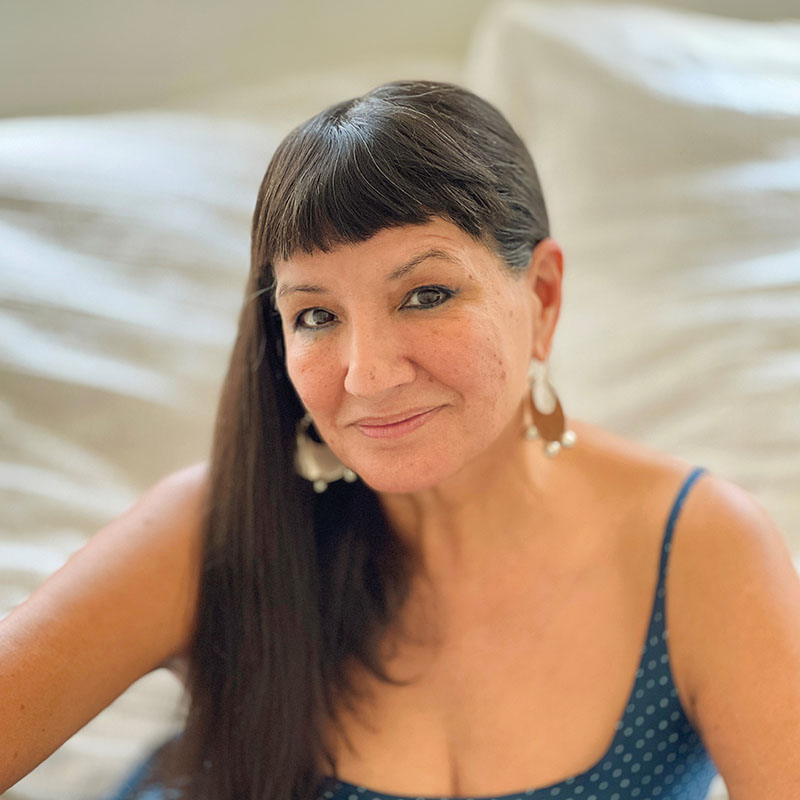 Sandra Cisneros
Sandra Cisneros
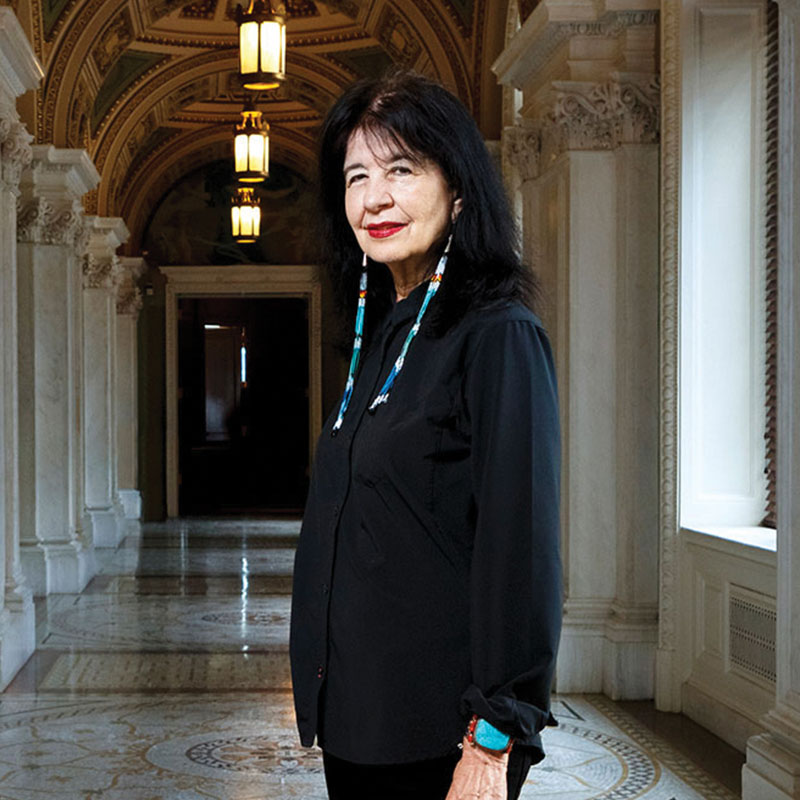 Joy Harjo
Joy Harjo
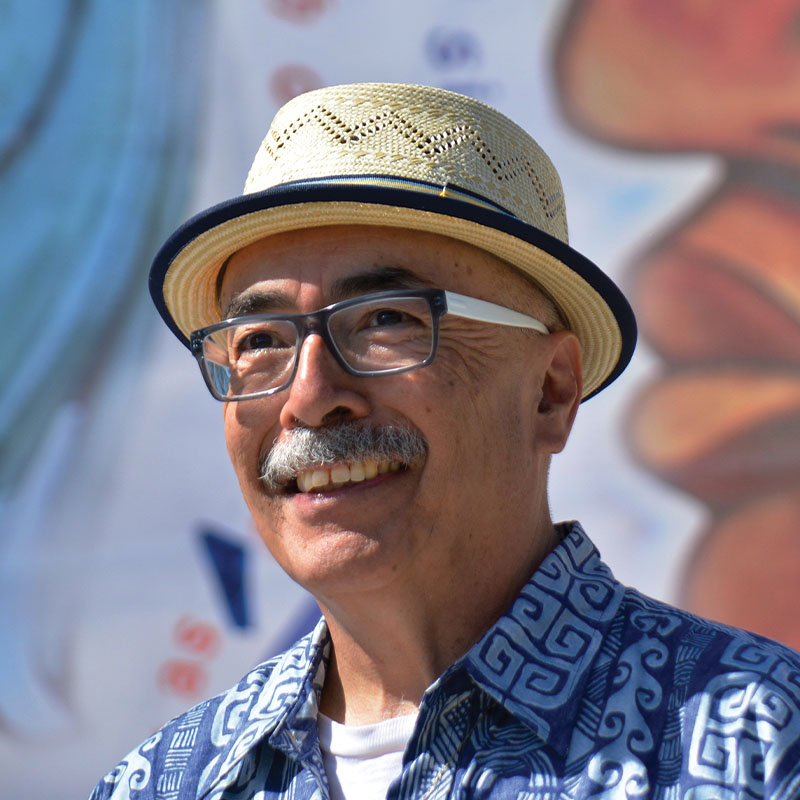 Juan Felipe Herrera
Juan Felipe Herrera

